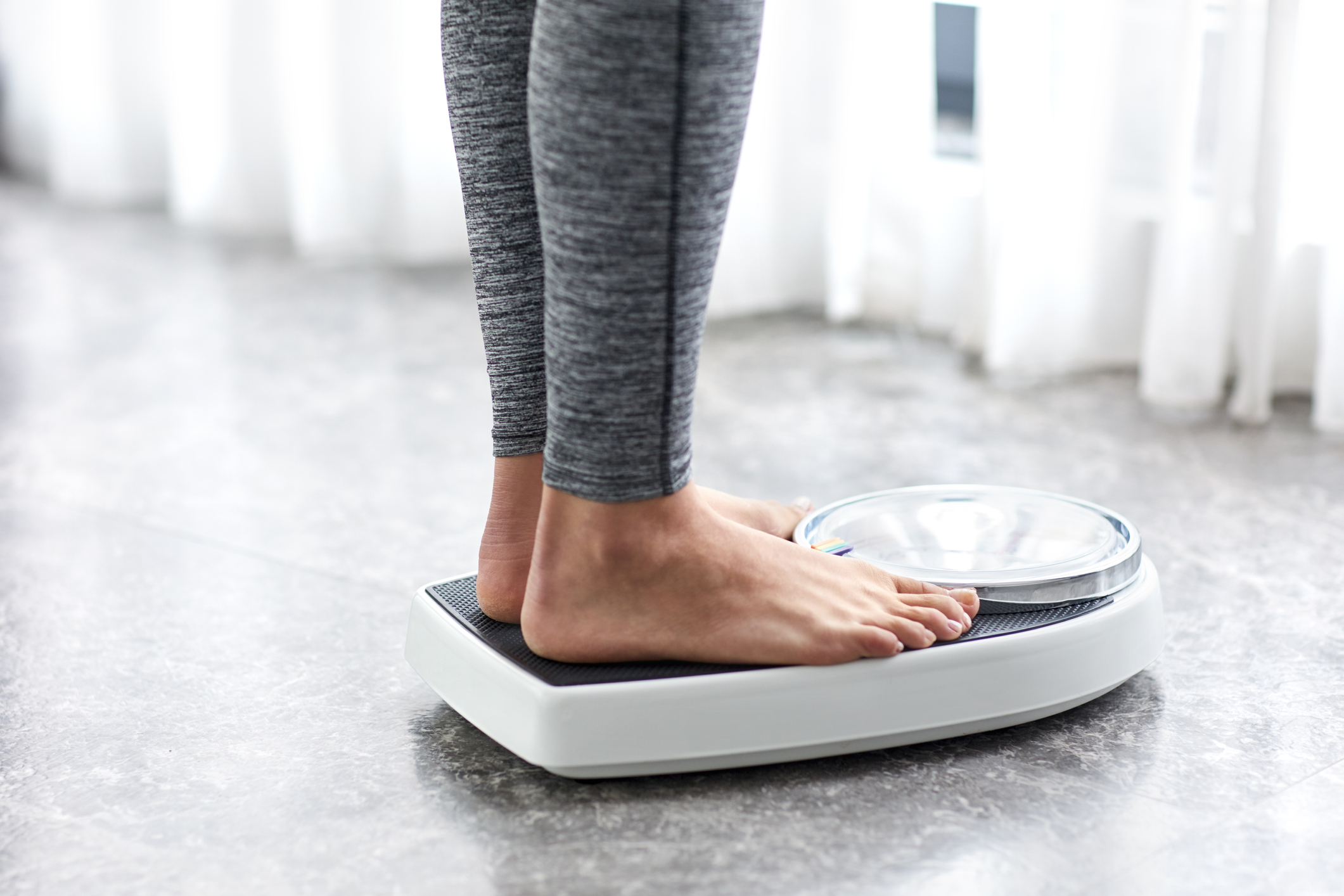Doctor explains why the keto diet could be risky if you're trying to lose weight

The Keto diet is growing in popularity, but a doctor is warning it might not be entirely safe as dieters aren't getting essential nutrients.
Essentially, the Keto diet is a high-fat low-carb programme, but doctors warn that it could mean you’re cutting out some of the healthiest foods on the market by following it.
On the Keto diet, foods such as beans, wholegrains and even some vegetables are banned, with dieters eating high-fat food products like cheese, avocados, nuts and dark chocolate.
Dr Shivam Joshi, New York University professor and doctor, has criticised the diet for banning many healthy foods that are beneficial to us.
MORE:Study reveals this type of meat could actually reduce risk of breast cancer
Speaking to Business Insider, he said: "Many people who buy into the keto diet say that carbs are bad.
"I'm not defending refined carbs, which many of my critics think I am.
Sign up to our free daily email for the latest royal and entertainment news, interesting opinion, expert advice on styling and beauty trends, and no-nonsense guides to the health and wellness questions you want answered.
"I'm defending your unrefined carbs, your fruits, your vegetables, your whole grains, beans, lentils, things like that. These are some of the most healthful foods on the planet."
The Keto diet aims to reduce calories by cutting carbs to just five per cent, so dieters are eating around 75 per cent fat and 20 per cent protein.

Because our bodies burn carbs by default, those who follow the diet believe cutting them out forces the body to burn fat instead, resulting in quick weight loss.
But Dr Joshi says that dieters are missing out on foods proven to help you live longer, such as beans and wholegrains.
He is also concerned about the lack of scientific evidence about the diet’s long-term effects.
MORE:Doing this activity five hours a day is linked to obesity
Researchers from the Centres for Disease and Control wrote in a recent paper: “A higher intake of whole grains is linked with a lower risk of cardiovascular disease, cancer, and mortality."
But the Keto – short for ‘ketogenic’ – diet isn’t a cool new trend, and was actually developed in the 1920s to help patients suffering from epilepsy. It’s also sometimes recommended for those managing disorders such as PCOS and diabetes.
It relies on a normal metabolic process (ketosis) that helps the body keep working. For healthy people who aren’t diabetic or pregnant, it’s expected to kick in after three or four days following the regime, provided you’re consuming less than 50g of carbs a day.
Lucy Buglass is a Digital Writer specialising in TV, film and lifestyle content and has written for What's On TV, GoodtoKnow and Whattowatch.com. She's passionate about entertainment and spends most of her free time watching Netflix series, BBC dramas, or going to the cinema to catch the latest film releases. In her spare time, she writes film and television reviews for JumpCut Online and her own blog, Lucy Goes To Hollywood.